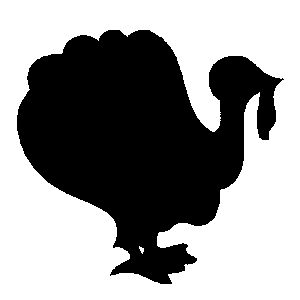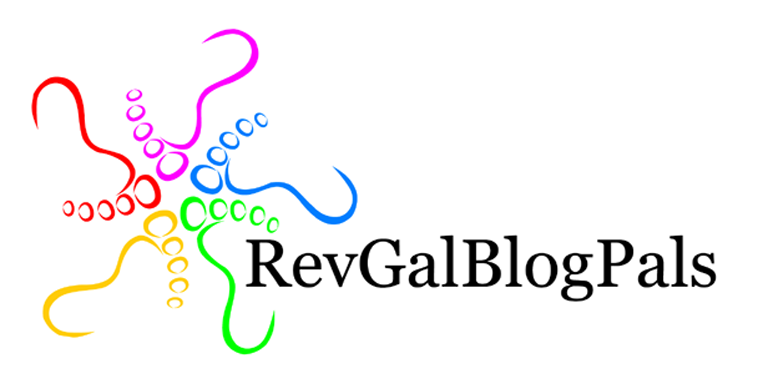We gather in the woods of North Carolina on the bank of the French Broad River, more than two thousand of us seeking the spirit of the Wild Goose — an ancient Celtic symbol for God’s Holy Spirit. We call ourselves The Fellowship of the Wings.
I know, maybe that sounds a little woo woo; but it’s not like we’re weird or anything, with our angel wings, hats of feathers, rainbow flags, and flaming Hula Hoops.
Just the usual Christian paraphernalia.



I wasn’t sure how to share about the Wild Goose Festival until the WordPress blogmeister helped me out by asking: What does health mean to you? The connection is obvious, right? OK, maybe not to you. But bear with me.
Health as a Holy Pursuit
Health is a beautiful word – it means wholeness; being whole and sound. I believe that the only way a human can attain true wholeness is to connect with the spirit of life that animates us, and I call that spirit God. In fact, the Old Norse word for health is helge, which means holy and sacred.
If a person is intentionally open to the Holy, no matter what happens to their body, their mind and heart remain oriented towards a larger reality, and they flourish. Living in this larger reality means you can let go of the illusion of control and accept life on life’s terms, which leads to peace and a sense of well-being. Being fueled by the Holy means your own desires become aligned with God’s, and as you become more and more the true self you were created to be, you find yourself bathed in grace and gratitude.
Down to the River Chapel
By the third day of the Wild Goose Festival, I was beat. I’d been trudging from workshop to workshop through mud and thick humidity, balancing my umbrella on one shoulder and my lawn chair on the other while juggling a cache of new bumper stickers, t-shirts, bracelets, and books.
Plus, I had stayed up too late at the “Beer and Hymns” gathering the night before.

Beer & Hymns
So I decided to settle down and see what the morning might bring at “The Chapel,” a small clearing at the edge of the rushing French Broad River. Sure enough, being still and waiting for the Holy resulted in renewed health and wholeness for my body, mind, and spirit.
Quieting the Chatter in Your Head
First up: Centering Prayer, a Christian meditation I’ve been practicing for years but which I’ve recently let slide. About fifty of us sat in a semicircle listening to river rhapsodies and bird songs and facing an altar of candles set up on a picnic table beneath a cathedral of aged oaks, basswoods, and tulip poplars. Spiritual and political writer Phil Fox Rose led a twenty minute “sit” during which we each silently used a sacred word to release our chattering thoughts and distracting emotions so that we could simply rest in God’s refreshing presence.
I’ll bet you won’t ever need blood pressure medicine if you practice this regularly.
Letting Laughter Rip
After the quiet souls dispersed, a new set of people came traipsing down the shady dirt path towards The Chapel. The noisy procession was led by Kimberly Kirchmere Dinsdale, a boisterous life coach from California and a practitioner of Laughter Yoga. I’ve always wanted to try this Indian form of Hasyayoga because studies show myriad health benefits from regular laughter, even if it’s voluntary, planned laughter. Apparently, people who laugh habitually are 40% less likely to have a heart attack!
I probably will not die of a heart attack – I laugh a lot. So this workshop was tons of fun and had the added benefit of helping me to rise above my fear of looking stupid.
A Tradition of Dance and Song
My cheeks and belly were sore from laughing, slapping my knees, and hugging other laughers, so I was looking forward to sitting on my butt for the next workshop on Aramaic – the ancient language that Jesus and his friends spoke.
No such luck.
Reverend Elizabeth Reed, who runs a holistic healing and growth center in Ohio, got us up on our feet. Strumming her guitar, she soon had us chanting Aramaic words for God while doing circle dances similar to ones they might have done in the Middle East two thousand years ago. Totally, totally cool.
Get this: Abwoon is the word that’s traditionally been translated “Our Father” in the Lord’s Prayer. In Aramaic, it actually carries meanings such as creator, birther, breather and sender of spirit, here, and incarnate. Good Lord! How did those old guys who shaped the early Christian faith get “Our Father” out of that??
The repetition of the chant and movement was mesmerizing and soothing to my soul; the experience of engaging my intellect, body, and voice all at the same time reminded me that living life to the full is the best way to be whole and healthy.
A Healthy Prescription from a Wild Goose
Go outside into God’s dynamic and glorious creation – open your eyes and ears and breathe deeply.
Spend time in silence, soaking up the unconditional love and radical acceptance that surrounds you.
Wait for the Holy. Trust it. You don’t have to grab for it; it’s in the very air you breathe.
Live life to the full – engage your mind, body, and soul in becoming who you are truly meant to be. Don’t worry about looking stupid.
Laugh, learn, sing, and dance. Love each other.
Drink beer and sing hymns, but don’t drink too much beer or you won’t feel well.
“I have come that they may have life, and have it to the full.”
Jesus of Nazareth
###
###
Stuff to do:
Why not participate in a challenge this week? Daily Post Challenge: What Does Health Mean to You?
This week’s WordPress challenge also highlighted a mental health blog where I have been a guest blogger: Broken Light: A Photography Collective. Check it out!
Come to the Wild Goose Festival next year — you know you want to! Christian credentials not required.


















